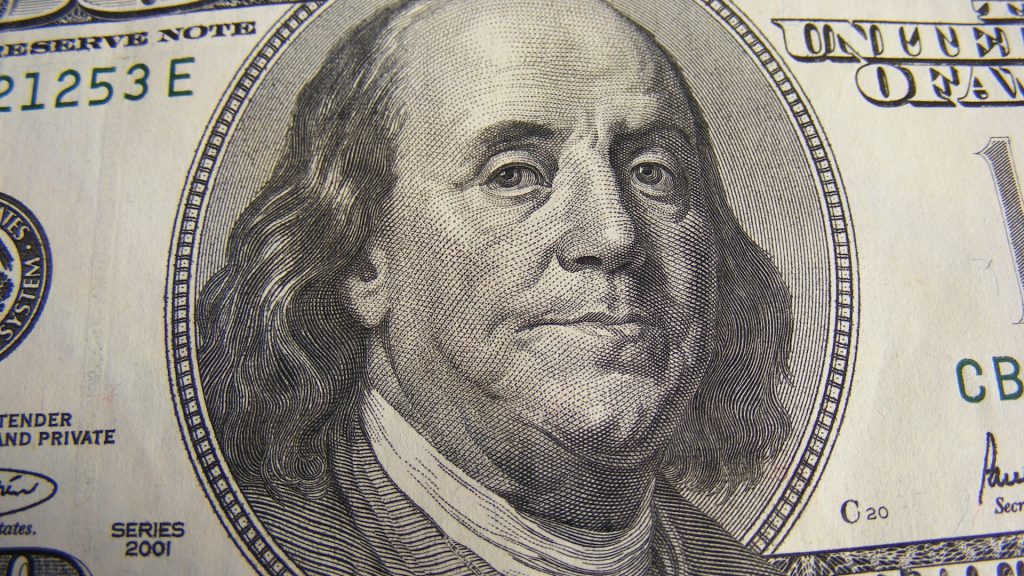BRICS to Officially Abandon US Dollar
Brazil's President, Luiz Inacio Lula Da Silva, announced at the BRICS Summit that the economic alliance will officially abandon the US dollar for trade settlements, aligning with de-dollarization efforts and expanding to include six additional countries by 2024.
